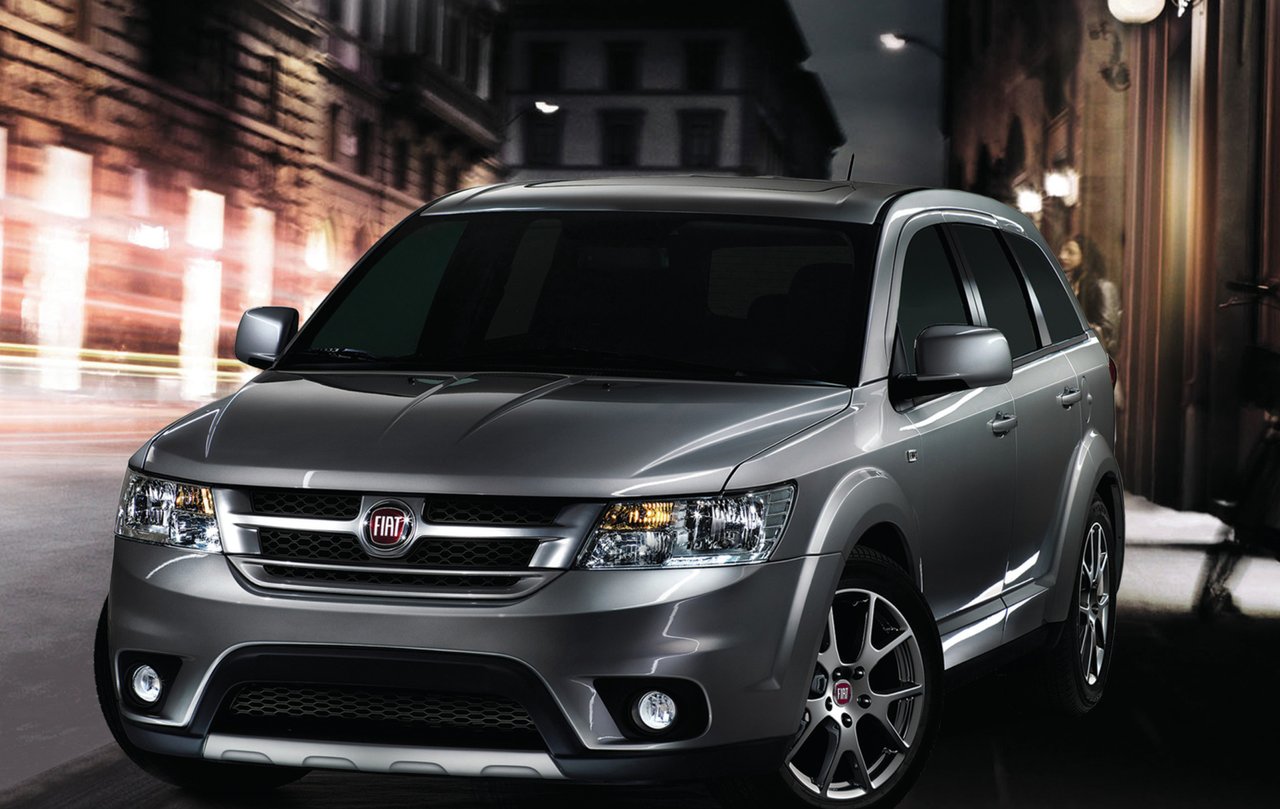Brands have nowadays become associated with high status, high prices and no more than quality. For that reason, many customers feel there isn’t much good in them. However, what motivated companies to establish such functions as brand management was the of putting an high value on products that did not cost much to develop. It seems that the times when this function was looked upon are long gone. The reasons are obvious: a well-established brand with a favourable image will allow companies to put more than generous on their products. A little more investment into maintaining this brand and there seems to be nothing in the way to long-lived business prosperity.
What is more, experts on branding have noticed that a strong brand name can be successfully used to launch a new product. By association with a name that has become synonymous with quality and class, a new product will a better chance of gaining a on the market with a minimum of marketing expenses. This practice of brand stretching has become widespread in fashion industry where one brand is frequently stretched to include a heterogeneous product range from clothes and accessories to perfumes, toiletries and soft drinks. It is therefore no wonder that brands have become a very valuable asset in their own.
Companies should, nonetheless, caution in applying this method to avoid the destiny of the most famous brand stretching example, that of the Virgin Group. As a result of the group’s diversification into selling trans-Atlantic flights, records, cola, lingerie, electricity, train tickets, concerts, holidays and mobile phones, the brand message has weakened and its image has suffered as a result. The Virgin brand used to have the image of a rebel, with the consumer in the face of bureaucracy and monopoly, but it has lost it with Virgin Trains and Virgin Credit Card.




